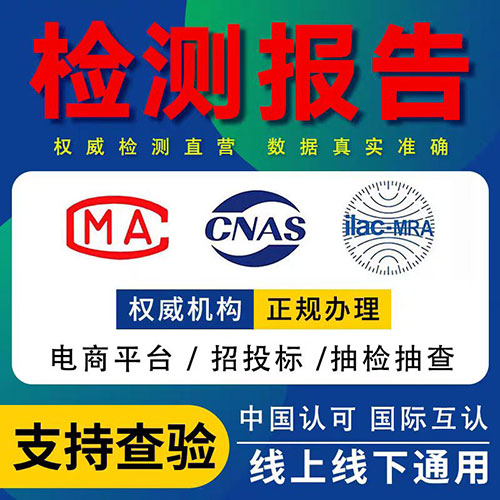rohs声明 英语
ROHS Declaration: Understanding the Importance of Environmental Compliance
In today's modern age, increasing concerns over the environment have led to the implementation of strict regulations and standards for companies. Businesses that manufacture, import, or sell electronic products are required to comply with environmental directives such as the Restriction of Hazardous Substances (ROHS) in order to reduce the environmental impact of their products. This article will discuss the importance of ROHS compliance and how it affects businesses and the environment.
What is ROHS and Why is it Important?
ROHS is a regulation that restricts the use of specific hazardous substances in electrical and electronic equipment. The directive prohibits the use of six hazardous substances, including lead, mercury, cadmium, hexavalent chromium, polybrominated biphenyls, and polybrominated diphenyl ethers. These substances are known to cause damage to the environment and human health. ROHS compliance not only helps to reduce environmental pollution, but also protects employees who work with such substances, such as those involved in the recycling of electronic waste.
Legal Obligations for ROHS Compliance
ROHS is a mandatory regulation in the European Union (EU), and all products manufactured or sold within the EU must comply with the directive. The regulation applies to manufacturers of electrical and electronic equipment, as well as importers and distributors. Failure to meet ROHS requirements can result in legal action, fines, and even imprisonment in some cases.
Benefits of ROHS Compliance for Businesses
ROHS compliance has several benefits for businesses. Firstly, it helps companies to meet legal requirements and avoid penalties for non-compliance. Additionally, businesses that comply with ROHS are seen by consumers as environmentally responsible, which can improve brand reputation and enhance customer loyalty. ROHS compliance also opens up opportunities for businesses to enter new markets, especially in regions where ROHS is mandatory.
The ROHS Declaration and its Significance
The ROHS declaration is a document that declares conformity of a product with the ROHS directive. The declaration is an essential part of the compliance process and is required by law. It is a statement by the manufacturer, importer or distributor that the product complies with ROHS and that all hazardous substances have been removed or reduced to an acceptable level. The ROHS declaration also provides assurance to customers that the product is safe for human health and the environment.
The Importance of Third-Party Testing for ROHS Compliance
To ensure ROHS compliance, businesses need to conduct thorough testing of their products before placing them on the market. This testing can be done in-house, but many businesses prefer to use third-party testing facilities for greater accuracy and impartiality. Third-party testing laboratories provide an expert assessment of the product's compliance with ROHS and can identify any issues that may affect compliance. By outsourcing testing to third-party laboratories, businesses can save time and money, and ensure the accuracy of their compliance documentation.
In Conclusion
ROHS compliance is not optional, but a legal obligation for businesses. Compliance with the directive is not only important for the protection of the environment and human health, but also helps businesses to meet legal requirements, maintain brand reputation, and open up new market opportunities. The ROHS declaration is a crucial part of the compliance process, providing assurance to customers that a product is safe and environmentally friendly. Third-party testing is important for ensuring accurate compliance documentation and identifying any issues that may affect compliance. As regulations continue to evolve and become more stringent, businesses that comply with ROHS will be better equipped to meet the needs of their customers and succeed in a sustainable future.

 专属客服微信
专属客服微信
 185-2658-5246
185-2658-5246 有样品要送检?试试一键送检,15分钟极速响应
有样品要送检?试试一键送检,15分钟极速响应



